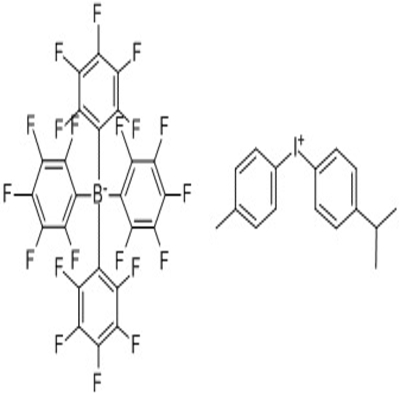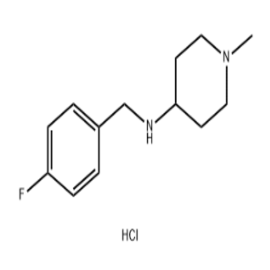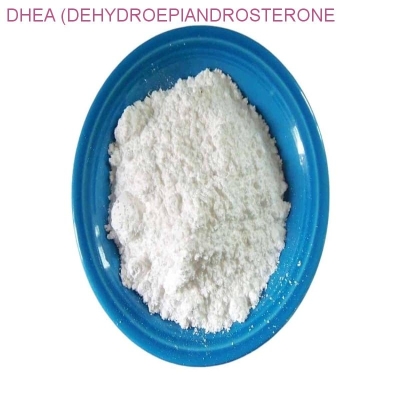How to deal with Parkinson's disease?
-
Last Update: 2020-02-20
-
Source: Internet
-
Author: User
Search more information of high quality chemicals, good prices and reliable suppliers, visit
www.echemi.com
Parkinson's disease (PD) is a neurodegenerative disease that affects millions of elderly people around the world The main manifestations of the patients were tremor, stiffness and motor impairment of limbs at rest But doctors have long found that many PD patients often have gastrointestinal disorders before they have motor disorders, such as constipation Does Parkinson's disease probably originate in the gastrointestinal tract? Further speculation comes from the study of synuclein pathies In some brain regions of PD patients, the protein is misfolded, a large number of insoluble α - syn proteins accumulate in the cells, resulting in the death of nerve cells Some evidence suggests that in addition to the brain, α - syn also accumulates in the stomach, duodenum, colon and other parts of the patient, and it is likely to occur early in the course of the disease In animal experiments, scientists also observed that pathological α - syn protein can be transmitted from gastrointestinal tract to brain through interconnected nerves, causing many PD related symptoms If the destructive protein that leads to PD originates from intestinal neurons, focusing on the gastrointestinal tract is not only helpful for early diagnosis, but also possible to slow or avoid disease progression by clearing protein aggregation as early as possible Recently, a team led by Professor viviana gradinaru of Caltech tested the hypothesis in mice They found that abnormal proteins in the gastrointestinal tract can not only spread to the brain to cause pathological changes, but also easily affect the motor function of old mice It is helpful to improve the symptoms by clearing the abnormal protein in gastrointestinal tract The results were published in nature neuroscience In this study, scientists injected easily aggregated α - syn fibrinogen into the duodenal wall of mice Results as they predicted, after a few months, the protein aggregate gradually spread upward, affecting brain stem, midbrain and other PD related brain areas Remarkably, mice of different ages were affected differently The relative young adult mice did not show movement disorder, and the pathological protein decreased after a period of time, while the old mice (about 16 months old) had both gastric motility deficiency, abnormal defecation and other manifestations, and would continue to aggravate the movement disorder ▲ after intestinal injection of α - syn PFF, the motor performance of the aged mice became worse and worse with time (picture source: reference [1]) Why do these protein aggregates cause dyskinesia in older animals, while young animals are unaffected? The researchers speculate that this may be related to the mechanism of eliminating α - syn protein For example, a protein called glucocerebrosidase (gcase) helps break down alpha syn proteins As the function of this enzyme is impaired, α - syn protein begins to gather However, the amount of gcase produced in old mice was significantly lower than that in young mice "As we age, the efficiency of handling pathogens, including misfolded proteins, becomes low Parkinson's may be like this " First author Dr Colin Challis said So the team devised a way to help the gut process protein aggregation They used aav-php S, an adeno-associated virus (AAV) - based vector, to deliver the gene encoding gcase The designed gene carrier is harmless to animals When injected into the blood, it can be effectively absorbed by peripheral neurons and express gcase specifically in gastrointestinal neurons for a long time ▲ using the modified virus vector to label intestinal neurons and deliver related genes (picture source: gradinaru laboratory / Caltech) The results showed that with the supplement of gcase, the protein aggregation in intestinal neurons decreased and the gastrointestinal function improved in mice with over expression of pathological α - syn "Our results show that the gene encoding gcase delivered by AAV can alleviate gastrointestinal symptoms in mice It also highlights an important point: in addition to the brain, peripheral neurons are also a valuable target for dealing with PD " Professor gradinaru said.
This article is an English version of an article which is originally in the Chinese language on echemi.com and is provided for information purposes only.
This website makes no representation or warranty of any kind, either expressed or implied, as to the accuracy, completeness ownership or reliability of
the article or any translations thereof. If you have any concerns or complaints relating to the article, please send an email, providing a detailed
description of the concern or complaint, to
service@echemi.com. A staff member will contact you within 5 working days. Once verified, infringing content
will be removed immediately.







